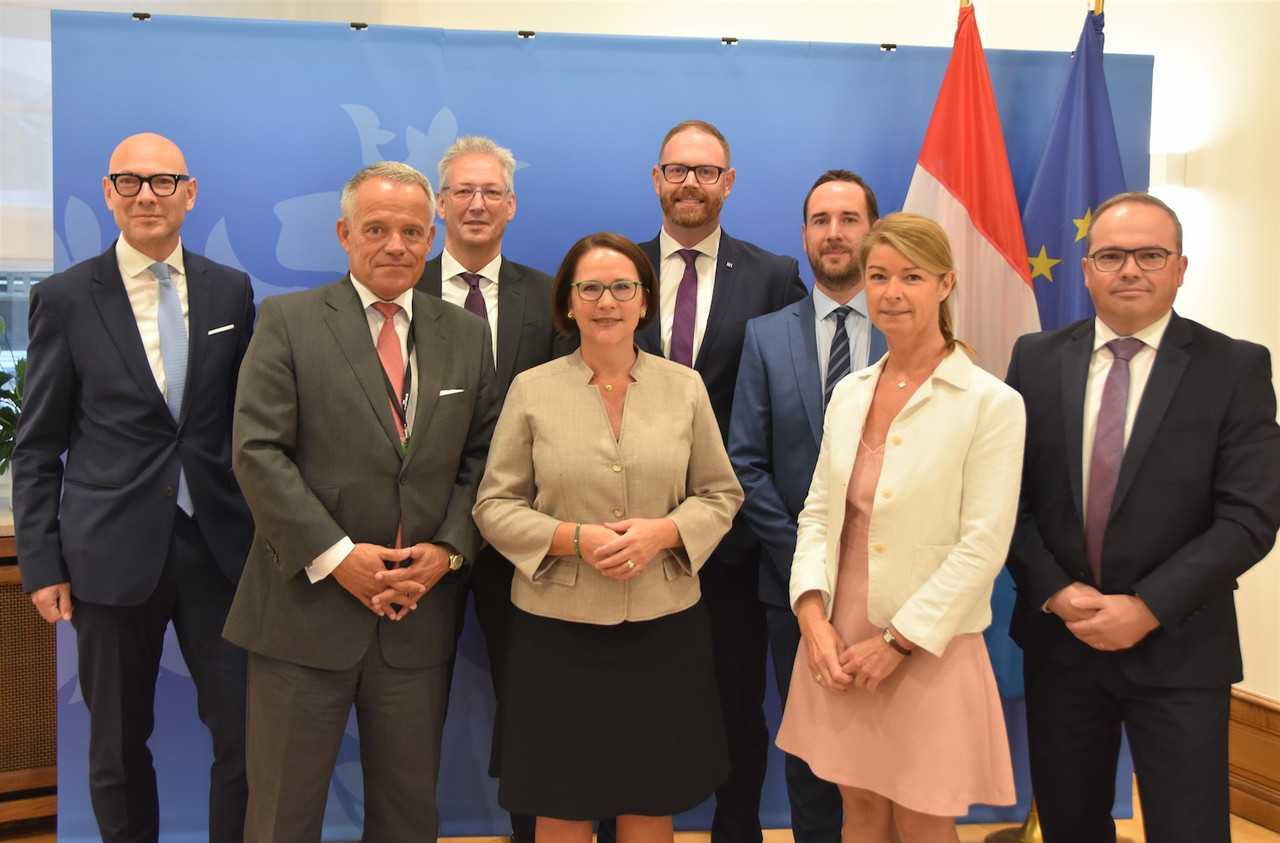Under the scheme, the state provides guarantees for loans of up to 90%, capped at €500m. The loan can be worth 15% of the average annual turnover of the last three years or 50% of a years’ worth of energy costs.
“The government is supporting businesses to deal with the economic impact of Russia's unwarranted and unjustifiable war against Ukraine,” said finance minister Yuriko Backes (DP) in a statement.
The loan guarantee forms part of the so-called “Solidaritéitspak”, a package of measures developed by the government, business groups and labour unions to support companies and households alike amid rising inflation and high energy prices.
The government had launched a similar programme following the outbreak of the covid-19 pandemic after businesses had to wind down activity during lockdown and struggled with liquidity.
BIL, BGL BNP Paribas, Banque de Luxembourg, ING, Raiffeisen and Spuerkeess on Wednesday signed the agreement with the government to support the loan guarantees.
Limited interest for pandemic loans
“The guaranteed loan scheme has proven itself during the covid-19 pandemic,” Backes said. “Today, the Luxembourg banking sector is once again demonstrating its commitment to contributing to solutions to overcome the crises facing the country.”
While the government had set aside €2.5bn in 2020 to back company loans, only in the end as the covid-19 programme came to an end at the start of this year.
“We didn’t expect that it would be used this little,” Chamber of Commerce director Carlo Thelen , when just €149.1m in loans had been granted. “It’s not at the top of the list of demands,” he said, adding that companies were shying away from taking on debt and that the programme would be mostly of interest for larger companies who need support to pay for bigger projects.
The European Commission on Tuesday signed off on plans by Luxembourg to provide up to to companies struggling under rising prices and the knock-on effects of Russia’s war in Ukraine.
